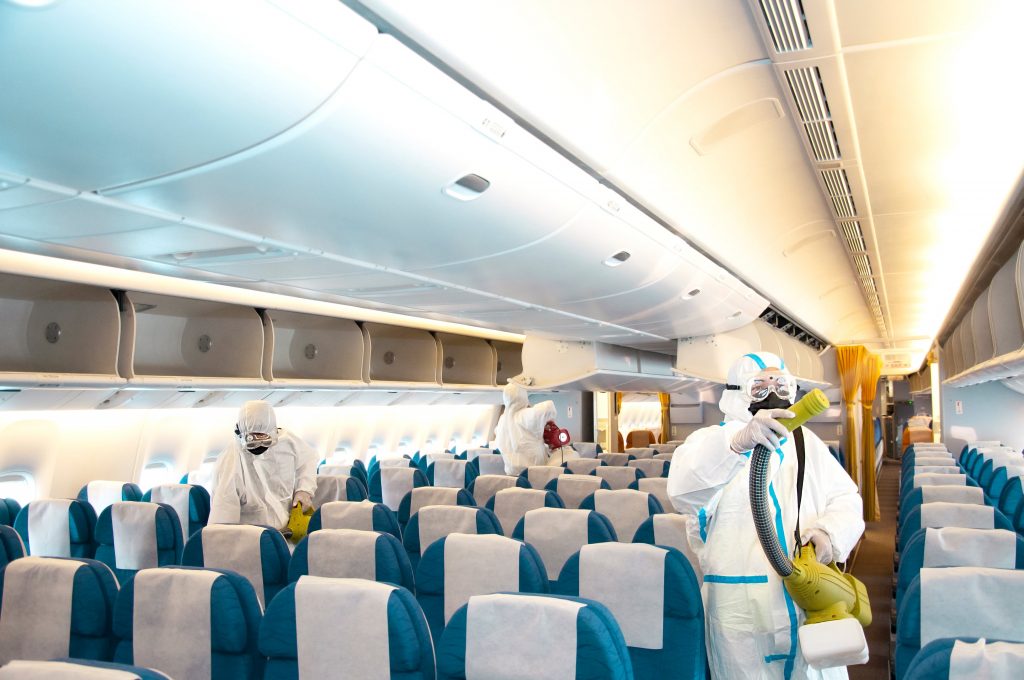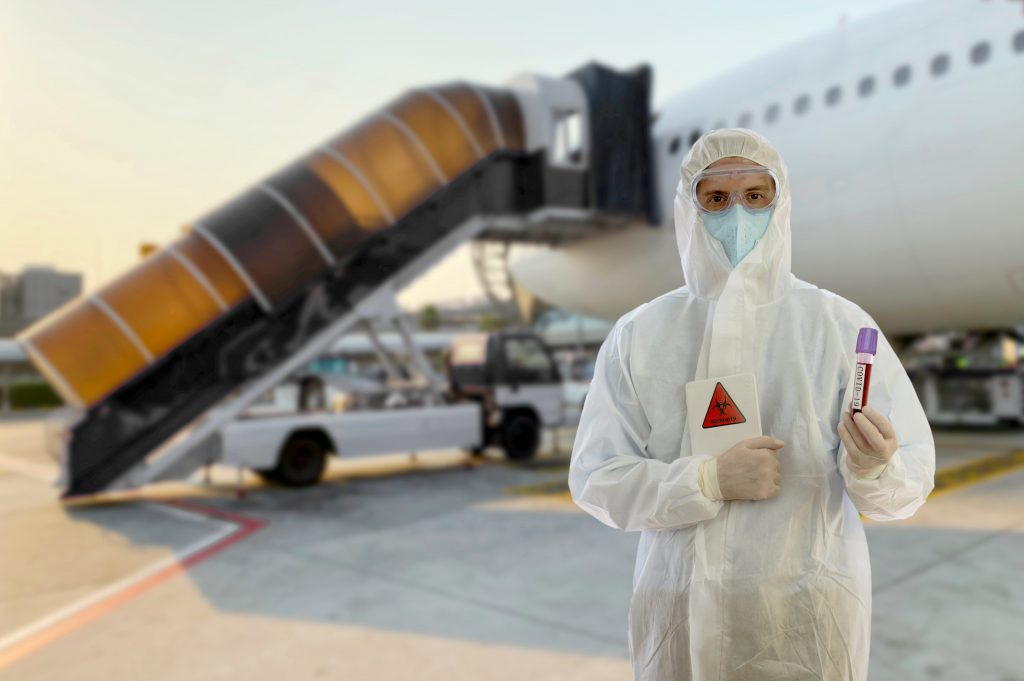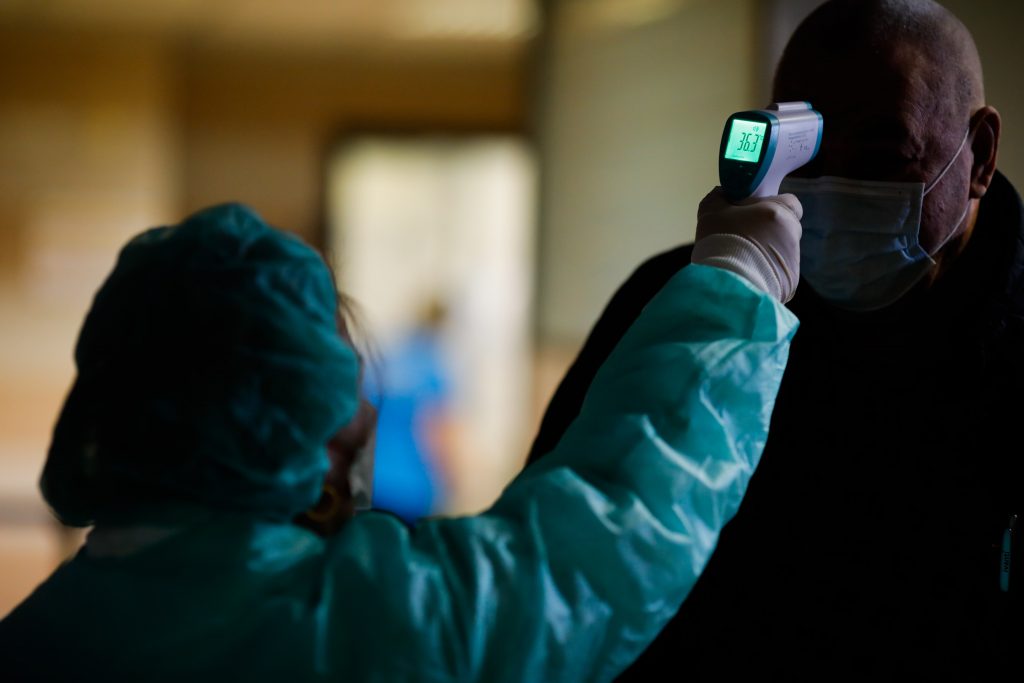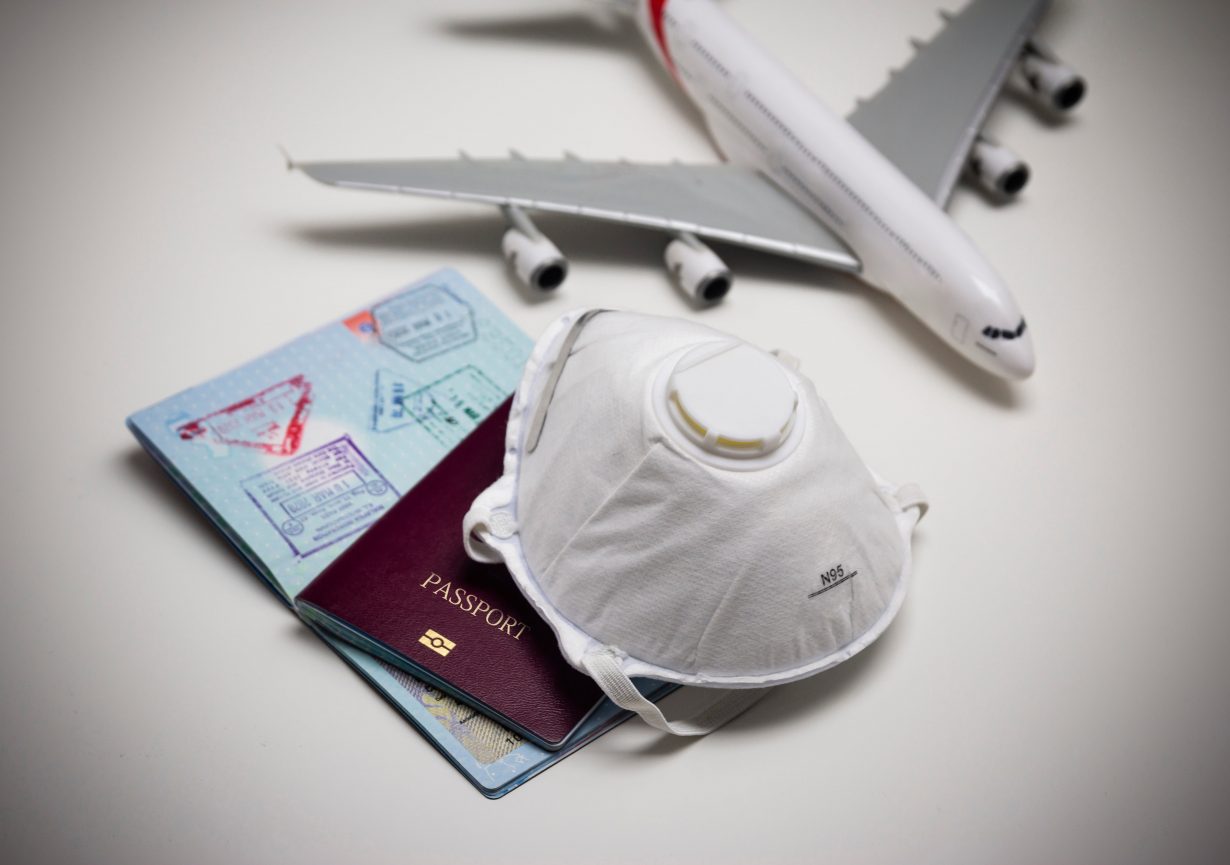Permanent Exceptional Measures To Flying
It goes without saying that air transport is an important supporter of global economic growth and development. Air transport facilitates integration into the global economy and provides essential connectivity on a national, regional, and international scale.
Aviation provides the only worldwide transportation network, which makes it essential for global business and tourism. It plays a vital role in facilitating economic growth, particularly in developing countries.
It helps generate trade, promote tourism, and create employment opportunities. This reflects on the hospitality industry, and almost all other industries and businesses connected with the human living on our planet.
The outbreak of coronavirus and its rapid spread around the world have had an unprecedented impact on the travel industry. Though some airlines are still flying, including rescue flights to repatriate people to their home countries, and air cargo flights carrying necessary medical supplies and other goods, many carriers have all shut down operations for the time being. Hotels are laying off employees by the hundreds of thousands.
The world cannot continue with indefinite Coronavirus lockdowns. Lockdowns will gradually open at different stages around the world. Countries are making changes to their restrictions. In some places lockdowns are being eased, in others, the restrictions are being kept in place. Elsewhere, they are being strengthened. Notwithstanding, and whatever the situation may be, the world cannot afford this recession on almost all aspects, so back to normal is expected to happen but with that sad experience, life will not be the same after coronavirus.
There are indications of an end to the state of closure in the world, and the end of the disorder in the aviation sector due to the Corona pandemic.
What will be the flying condition when the pandemic ends?
Each country will have its procedures and the travelers must know such procedures and regulations before taking off.
What precautions are taken in airports?
It is expected that airports will install signs to remind passengers of the government’s recommendations to keep a safe distance of at least two meters away and wash their hands. Such signs are expected to increase in number in the next coming days, to make the government’s advice more clear and easily understood.
At the gate
Safety distancing is required at the passenger gates. The airlines will do the necessary to avoid the usual congestion when heading to the plane. It is expected that passengers will be called individually to avoid congestion at the departure gates.
In the plane
Passengers may be required to wear masks, so will the cabin crew. Some reports say that airlines will do their best to protect passengers and crews by committing to a minimum interaction, and will provide very simple food and beverage service. Airlines are expected to apply safety distance rules – something that won’t be difficult where there are few passengers onboard anyway.
Some airlines might not sell the middle seat in the row of seats to keep distancing between passengers. The traveler must know the restrictions imposed by the destination country. More details are published by IATA Guidance for Cabin Operations During and Post Pandemic

Leaving the airport
According to some reports, regular flights continue in most parts of the world and the main hubs at global airports. It is difficult to determine who is traveling, but the proportion may be large among those who return to their homes, who face travel necessities due to urgent family or professional issues, government officials and medical personnel, and skilled employees who need to travel long distances.
At destination
Many countries will allow passengers to fly, but they may have to enter a two-week quarantine once they get there. They also have to carefully check the rules implemented in the destination country, for example, the Thai authorities require a 72hr fresh health certificate certifying that the passenger has no risk of COVID-19 before issuance of boarding passes, and a one hundred thousand dollars comprehensive medical insurance cover.

Arriving in the destination country
Entry to the terminals will likely be limited to employees and passengers who have reservations, and this is what happens in many airports. Simply preventing people to bid farewell to travelers from entering airport halls reduces the congestion at airports.
In Canada, for example, all passengers traveling to, from, or within Canada must have a non-medical mask or face coverings so they can cover their mouth and nose while traveling.
Some countries called for tighter restrictions on baggage that passengers carry on board to ease security checkpoints and make the boarding and disembarkation faster.
There may be some new instructions to prevent all passengers from quickly getting out of their seats and get congested in the aisles as usual upon arrival.

Welcome to MixJet Flight Support
Our Suppliers/Vendors are our strategic partners and their services are the extension of our own. We have carefully developed and grown a global network of renowned vendors/suppliers to best serve our clients, with the best competitive prices and highest quality standards. Aircraft sanitizing and disinfection procedures services are available upon request.
If you need any flight support services like Flight Plans, Flight Permits, Ground Handling, Cargo Handling, Fueling, Concierge Services, Catering and/or any other service or information about the destination regulations, Please write to us at ops@mixjet.aero or info@mixjet.aero or call us at
+971 65529577
